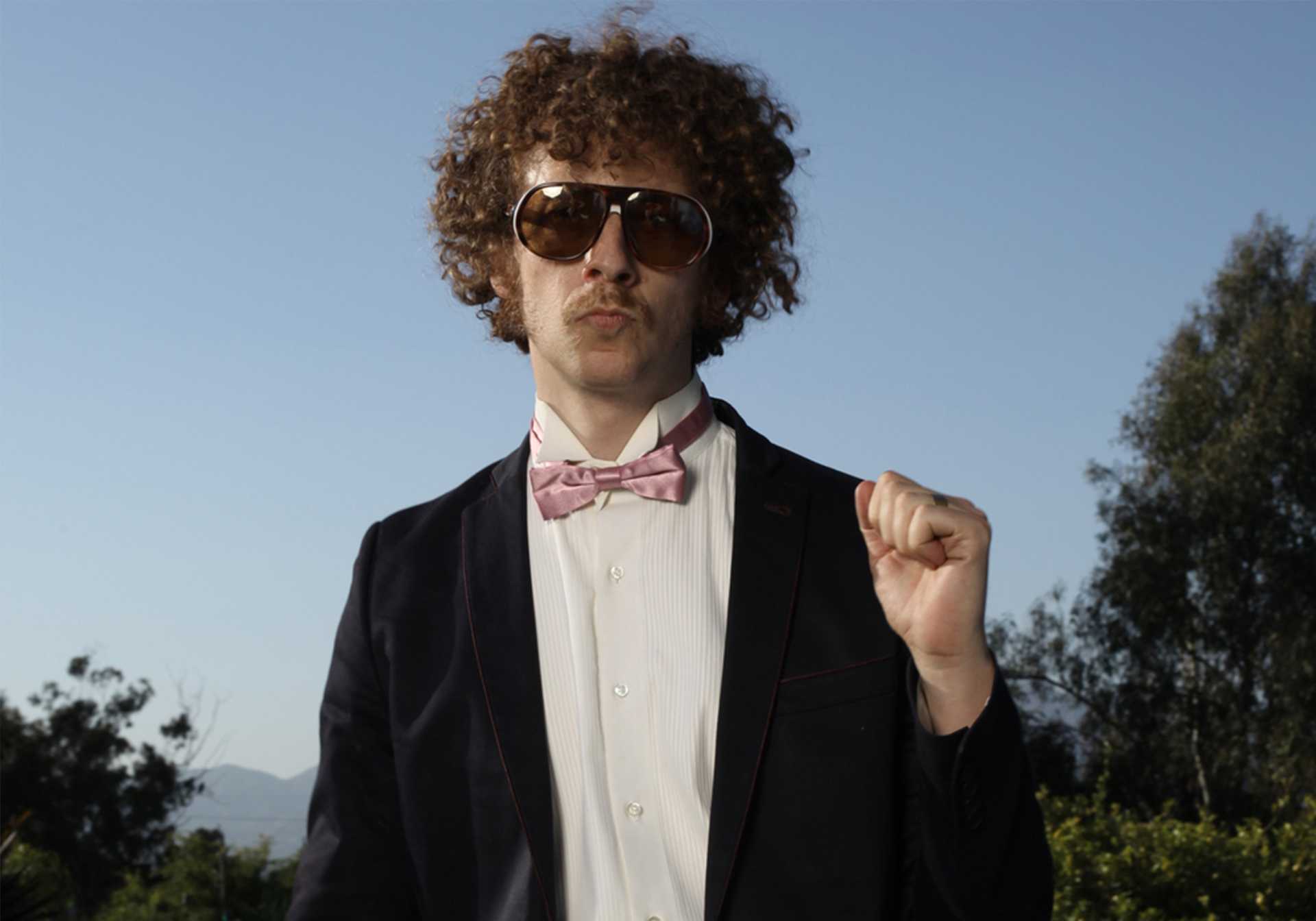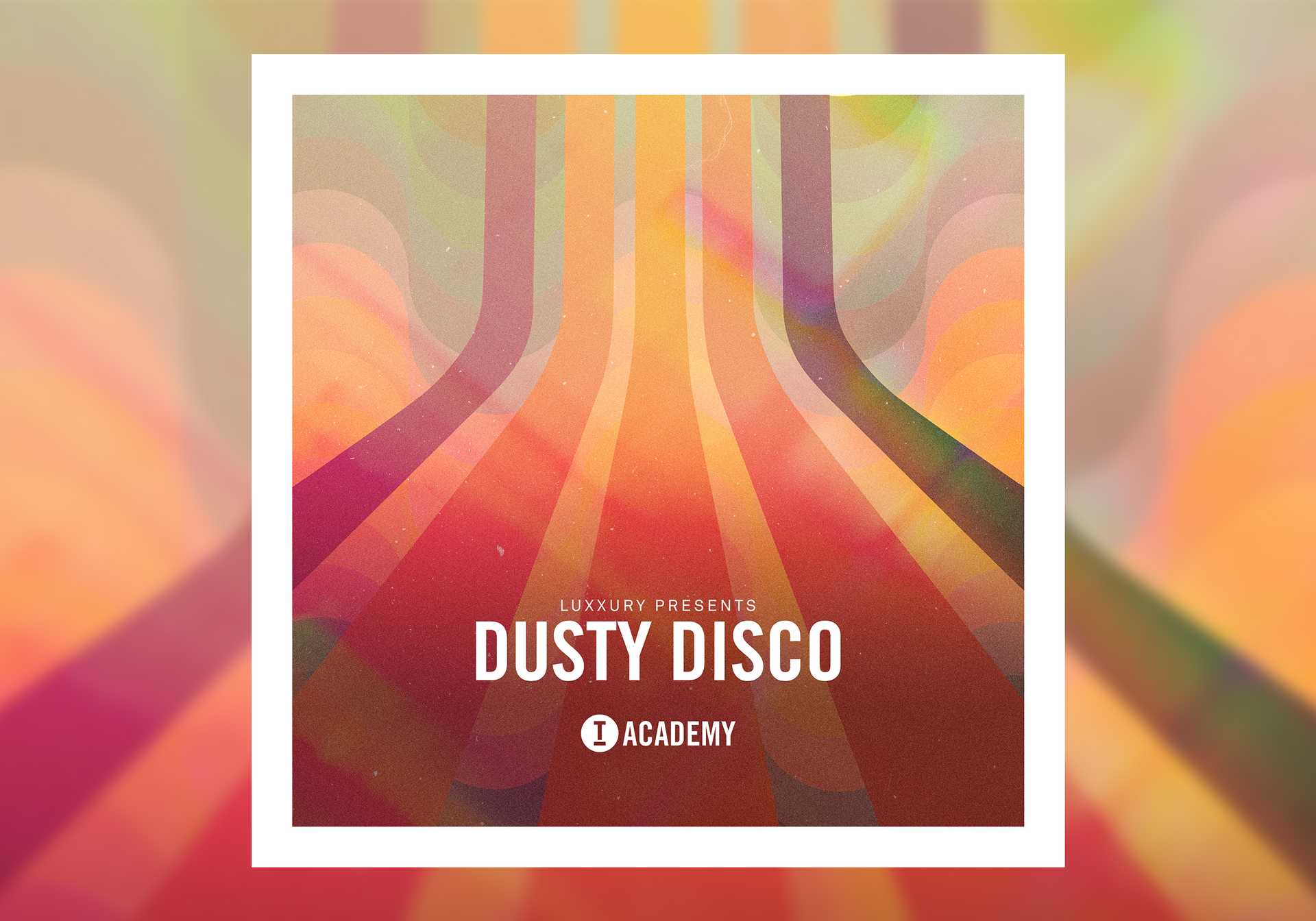LUXXURY has re-rubbed, edited, and remixed his way to become one of the greatest tastemakers (and content creators) alike.
With a discography of original disco / funk tinged singles across a multitude of labels, including Kitsune, Future Disco, Eskimo, Deep & Disco and several others, Blake is a highly regarded and influential artist.
Additionally, Blake has toured extensively in the US, Mexico, Europe, and India, both as a DJ and with his full live band.
We sat down with LUXXURY for a chat.
When did you first start producing music? How did you get the bug for music production?
I basically taught myself Pro Tools from the manual because there wasn’t YouTube yet and it didn’t occur to me to try and take production or engineering classes. I didn’t know enough to know what I needed to know! I just would learn enough to get an idea down, then I’d learn the next thing and then the next. Before i understood what had happened I’d taught myself the basics of songwriting, arranging and mixing, and I loved having total control over the creative process.
For those who don’t know, how would you describe the Luxxury sound?
Dusty, funk inspired disco infused bedroom pop. Melancholy, imperfect dance music.
You seem to have a penchant for ‘re-rubbing’ classic records and putting your own, special treatment on them. What is it about classic Disco music that inspires you so much?
Disco lies at the intersection of everything I love – funk, rock, pop – and I love the blend of synthetic and human-made sounds, just slightly imperfect around the edges. Robots battling against and working with humans for dancefloor supremacy.
Do you have any specific plug-ins or VST’s that you find particularly useful?
I use Ableton Live’s native compressors and EQs all the time, along with NI and Arturia soft synths, and some plug ins by WAVES and Izotope.
What’s the best piece of advice you could offer to producers who wish to mix their own music?
If it sounds good, it is good. And if it sounds weird – as in: not like everybody else – it might even be great.
You are known to incorporate live elements into your music production. Do you think it’s important for new producers to learn to play an instrument?
I don’t think you’ll ever regret learning an instrument, music theory or both, but they aren’t necessary. I’ve come to believe that ears and taste are really the most important part of music creation. There are so many tools and collaborators that if you have a vision that’s really the main thing; then the work comes from figuring out who and how to execute.
The flip side, of course, is speed: if you can play keys or guitar, you can get your ideas down directly and immediately. BUT! The flip side of the flip side is when people reach for something they don’t know how to do themselves, they come up with creative solutions – thats why we have sampling and sequencing for example.
Do you use much analogue hardware in the studio? If so, what are some of the synthesizers, drum machines, and other outboard gear you’ve used when throwing this pack together?
I use almost no hardware, I have a Juno and some Volcas but it just takes me too long to get it all set up, and I like having the flexibility that comes with soft synths and MIDI. I am the opposite of a purist when it comes to analog vs. digital! Speed of idea capture trumps perfection.
What’s the next purchase for the studio? Any bits of tech you have an eye on buying, and why?
No plans – besides my Ableton, guitar, bass and vocal mic I don’t need anything, aside from more time!
We frequently stress the importance of sound choice to our artists and students alike. Do you think it’s important to have a well-diversified sample library when creating a track, or just a few packs you always go back to?
I think Splice is a godsend. I do hope they improve their keyword search but even as it is now the randomness factor is fantastic – you’ll never be able to listen to all the choices on there which really forces you to pick something and move on!
Your latest sample pack Dusty Disco is proving to be quite a hit in the producer community. Can you tell us about your creative process, and how you’ve come up with some of sounds you’ve chosen to release with us?
That’s been a really pleasant surprise, I get the download data from that pack and I’m always astonished people are into my weird imperfect basslines and stuff but I think it’s great people are using it. Most of the sounds are from tracks I’ve either put out or things I never quite finished, so they’re all coming from the context of a song. I tried to do some stuff out of context but they ended up sounding a little fake, whereas the sounds I use in the pack are dialled in just as I’d use them on recordings – which, again, is where a fair number of them were derived (see if you can spot which of my songs some of the beats in particular were used on!)
My mantra is “brute force” – don.
How do you choose what sounds you’ll use for your own records, and which ones you will put in a sample pack?
See above 🙂
If you could go back in time and give yourself a piece of advice when first starting off, what would it have been?
Stop worrying about whether other people will like it. If I like it, it’s good.
What would you say are your top 5 tips for new music producers?
Finally, what else have you got lined up for 2020 and 2021 that you can tell us about?
Making more original music, more remixes and edits, more production for hire and more music history videos (check my TikTok & my Instagram)!


